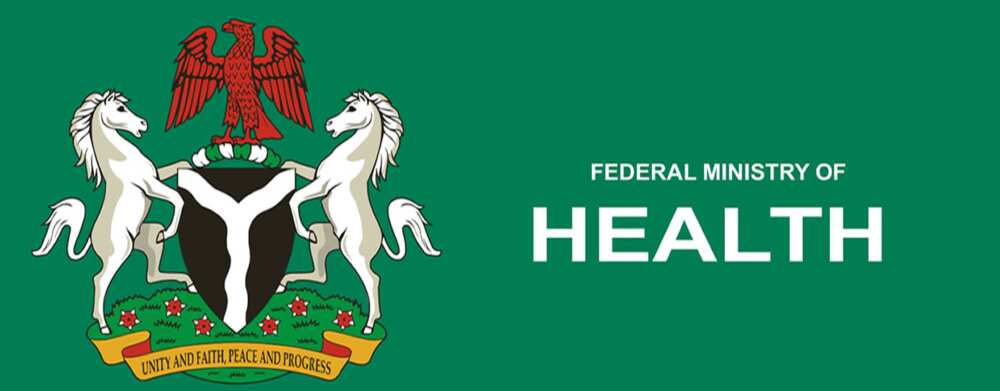Government responsibility for health care
In today's article, we are going to get acquainted with the government responsibility for health care in the state. We have prepared the general grounds that are implied worldwide and the functions of the Nigerian Ministry of Health as well. So, let's get started and study them thoroughly.

Source: Depositphotos
What is the function of the state in health care?
Deficiencies of the market for health and insurance services, combined with the valuable ideas about the rights of citizens to receive medical care, necessitate the participation of the state in carrying out activities in the health sector. This assistance is implemented in the following government responsibility for health care:
- limiting the ability of health care providers to benefit from information asymmetry and their monopoly position and act to the detriment of patients;
- allocation of resources in the health sector, taking into account the external effects of the consumption of medical services;
- ensuring the availability of medical and insurance services to all groups of the population.

Source: Depositphotos
READ ALSO: What are The Problems Facing Healthcare Management in Nigeria?
The state is involved in the implementation of health activities in all countries of the world. At the same time, the state is understood in a broad sense and covers the bodies of legislative and executive government at various levels, local governments and the entire set of state and municipal organizations created by these bodies. The primary government responsibility to provide health care is the regulation of activities in the field of health, namely:
- licensing of medical, phаrmaceutical, insurance activities;
- the establishment of standards for the quality of medical care, medicines, medical devices, and medical equipment, as well as standards for equipping medical organizations; control over their observance;
- regulation of the conditions for obtaining medical care and the provision of medicines by the population.

Source: Depositphotos
READ ALSO: Health problems in Nigeria and their solutions
Also, the state is responsible for the provision of sanitary-epidemiological supervision and sanitary protection from the importation and spread of infectious diseases (this activity has the nature of producing public goods). Another one is providing the population with various types of medical care by state medical organizations.
In addition, one more government responsibility concerning matters of the health care is providing financing the provision of medical care to the population. Nowadays, the increasing role of the state in financing and in organizing the provision of medical care to the population is the global trend. There is a fairly clear pattern: with the growth of GDP per capita, the share of total expenditure on health care in GDP increases, and the share of the state grows due to these expenses.
Role of state government in health care in Nigeria
In Nigeria, the Federal Ministry of Health is the primary office of executive branch of government which is the subject that carries responsibility for generating and performing policies and arrangements concerning health care, simultaneously with another significant activities.

Source: Depositphotos
These activities are to develop and support a public health system competent of delivering an adequate, qualified, affordable and quality health services, and to raise an upgraded condition of living for the population throughout the country.
Primary Nigerian government responsibility is to diminish the morbidity and death levels, which are caused by infectious illnesses, to the lowest point possible. Also, it is to change the escalating predominance of non-infectious diseases, adhere to world destinations toward the rejection and extermination of mortiferous conditions, and groundbreakingly improve the average expectancy of life and well-being of living for Nigeria's population.
So, these were all the necessary aspects on the role of the governments in the health care in the country. We hope that you found this article informative and useful for yourself and now know a little bit more about how Nigerian authorities functions in this sphere of life.
READ ALSO: Three tiers of healthcare in Nigeria
Source: Legit.ng



